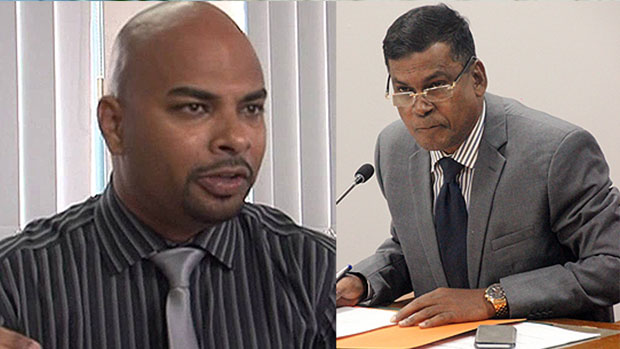
The Fijian government and the Fijian Human Rights and Anti Discrimination Commission are yet to comment on the United Nations Human Rights Council's recommendations for Fiji to repeal laws and policies that they say unlawfully restrict fundamental rights of freedom of expression, assembly and association, including sections of the Public Order (Amendment) Act, the Media Industry Development Act, the Electoral Act 2014 and the Online Safety Act.
In the Report of the Working Group on the Universal Periodic Review for Fiji, it has been recommended that Fiji takes the necessary measures in order to revise the law on the development of the media, review legislation that affects freedom of speech, particularly the Crimes Act, the Media Industry Development Act and the Public Order (Amendment) Act, to bring them into compliance with Fiji’s obligations under the International Covenant on Civil and Political Rights.
The report further recommends that Fiji amends the Media Industry Development Act, the Public Order (Amendment) Act and the sedition provisions of the Crimes Act, which restrict freedom of expression, the press and assembly.
It recommends guaranteeing freedom of expression and opinion and freedom of the press, by ensuring respect for the rights of journalists and human rights defenders and reviewing the Media Industry Development Act, which punishes any journalistic publication against the general interest or public order, in order to avoid abusive interpretation.
Fiji has been given by the 24th of this month to respond to the UN.
Meanwhile the National Federation Party says calls by the UN Human Rights Council for the Fijian Government to change regressive laws is a stark reminder that Fiji’s parliamentary democracy is not genuine.
Party Leader Prof. Biman Prasad says it was noteworthy for the UN Human Rights Council to point out legislation that seriously undermine a free press, fundamental rights and freedoms of association, expression, assembly as well as civil and political rights.
Prof. Prasad says in 2015, their Motion for Government to repeal the Media Industry Development Authority Act was defeated.
He says the government ignored the recommendations of the Multinational Observer Group after the 2014 general elections, particularly on the MIDA Decree were ignored.
Prof. Prasad says similarly all permit applications by the trade union movement for a peaceful march to highlight the grievances faced by workers were rejected by Police including their permit application last October on misleading grounds.
When questioned by Fijivillage, MIDA Chairman and Director of the Human Rights and Anti-Discrimination Commission, Ashwin Raj says he needs time to analyze the UN Human Rights Council's recommendations because it’s important that they do not generalize it.
Raj says he will release a statement on the matter next week.
We have also sent questions to the Attorney General, Aiyaz Sayed-Khaiyum and are awaiting his response.
Stay tuned for the latest news on our radio stations

